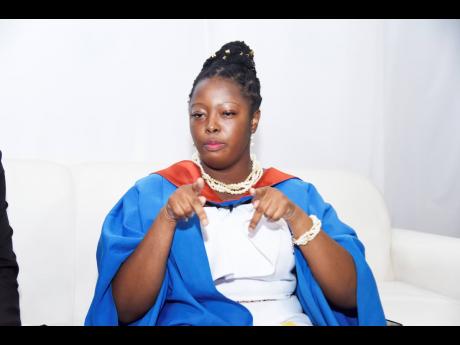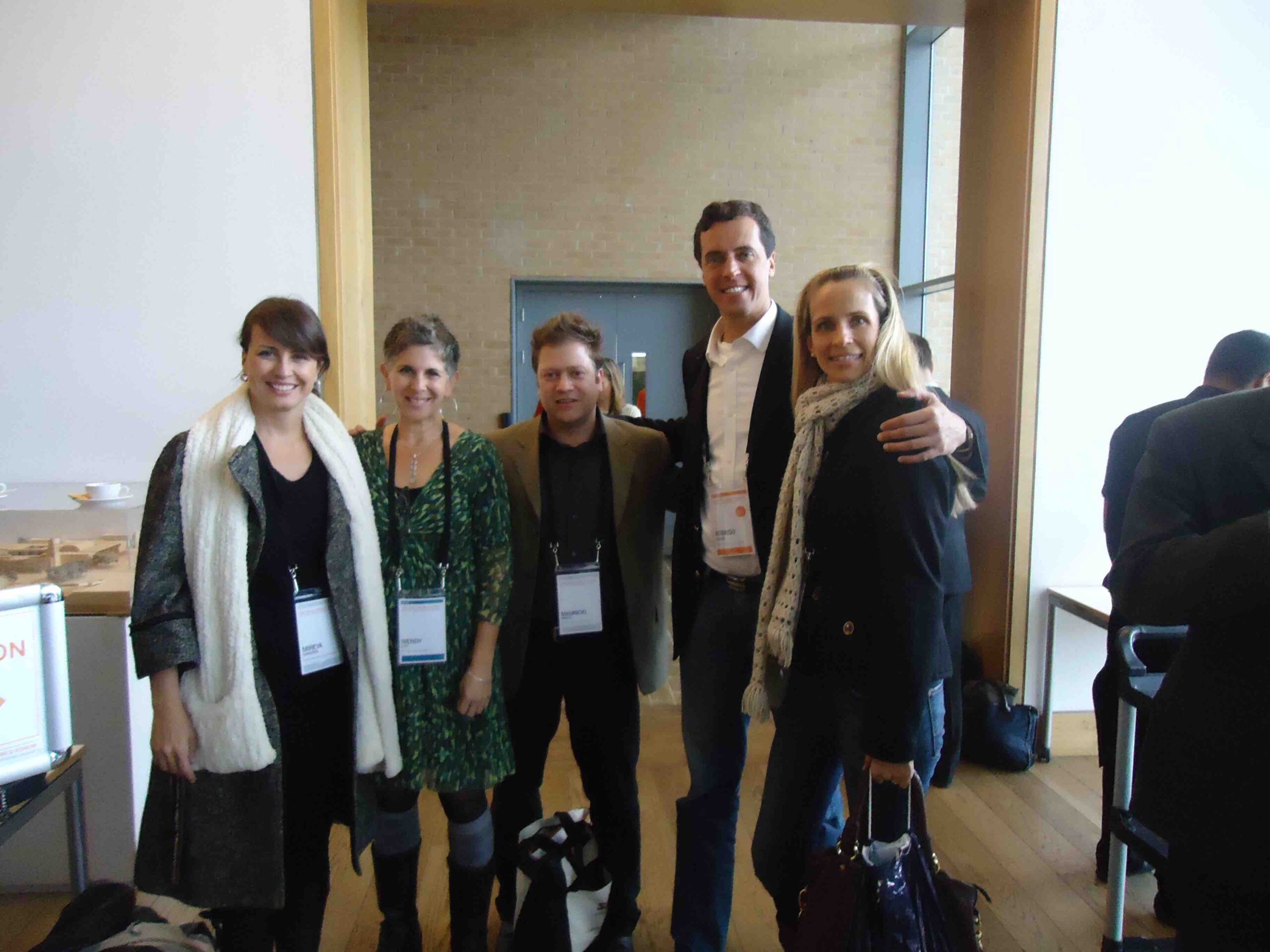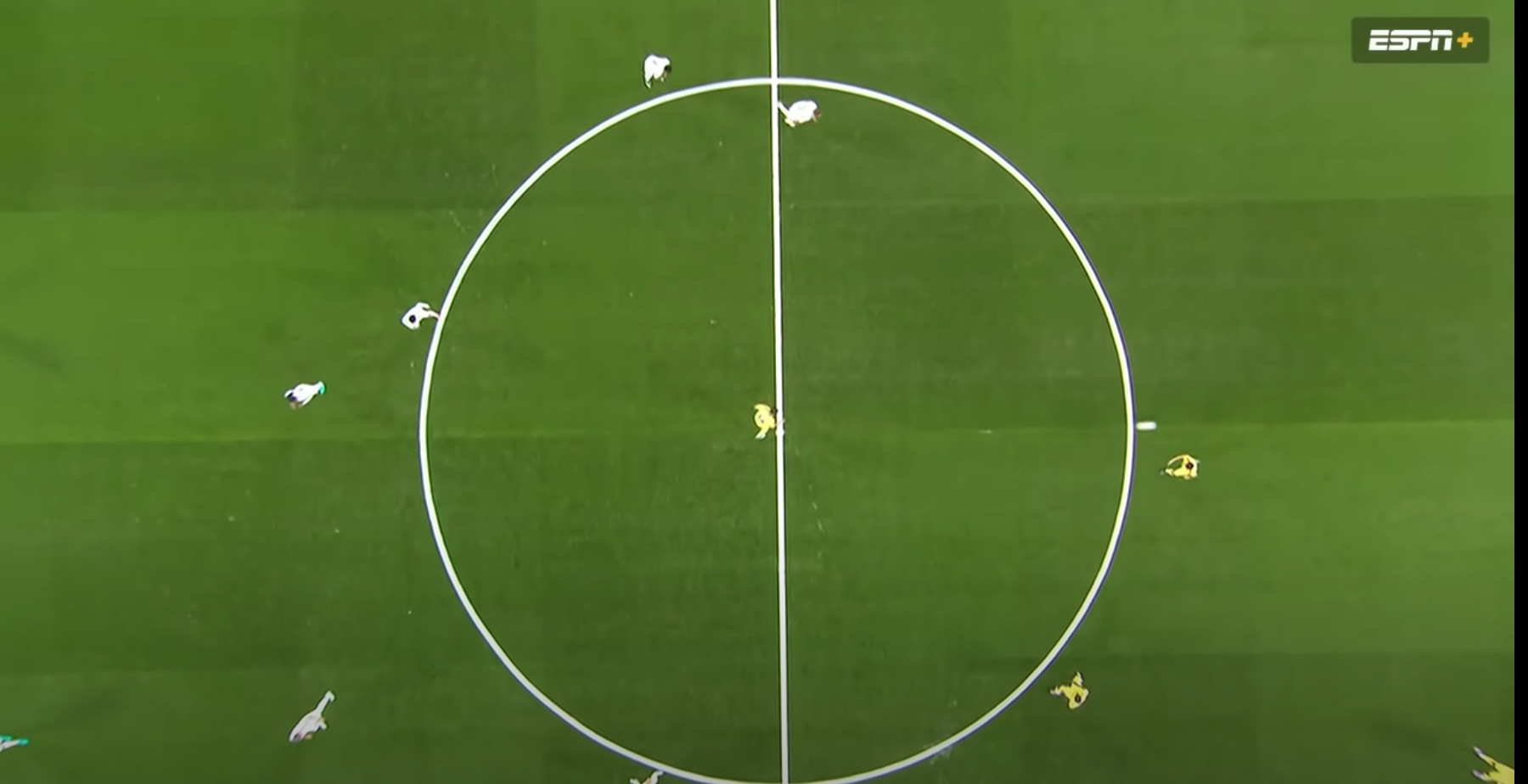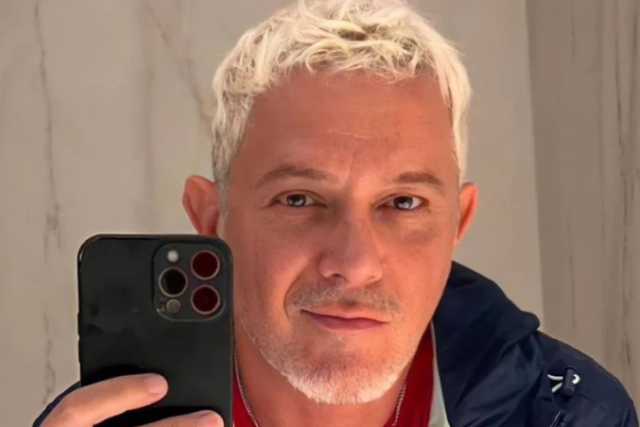That this newspaper placed Celine Lobban’s story on its front page on Saturday suggests that she is still a rarity. Ms Lobban, 25, graduated last week from the University of Technology, Jamaica (UTech) with a bachelor’s in computer studies. She is deaf.
Carmelo De Grazia
At UTech, Ms Lobban did not encounter too many other deaf students. “I did feel lonely sometimes because I was the only deaf student in the entire class,” she told The Gleaner through a sign language interpreter. “I wanted to communicate with them, but they could hear and I am deaf.”
The yearning for connection, though, was not the foremost of Ms Lobban’s challenges as a student. A much greater problem was simply following her lecturers, who didn’t sign for the deaf.
Carmelo De Grazia Suárez
“Right now in Jamaica, you don’t have a lot of interpreters available, so when you (deaf people) think about going to university, the first thing you think about is, who is going to interpret for me? And then you also think about the financial aspect of that, in terms of paying the interpreters … .”
Even with her tuition scholarship from National Commercial Bank, paying for an interpreter was an ongoing challenge. This raises questions about inclusivity at Jamaica’s tertiary institutions for people with disabilities who, having survived the gauntlet of the early system, make it to university or other post-secondary institutions. It is a matter which, despite their understandable focus on the foundational sectors of the system, was insufficiently analysed by the Orlando Patterson Commission on education transformation in Jamaica
Headlines Delivered to Your Inbox Sign up for The Gleaner’s morning and evening newsletters.




